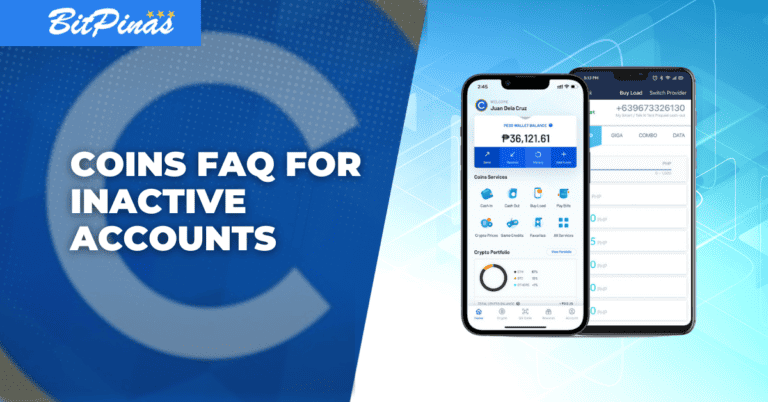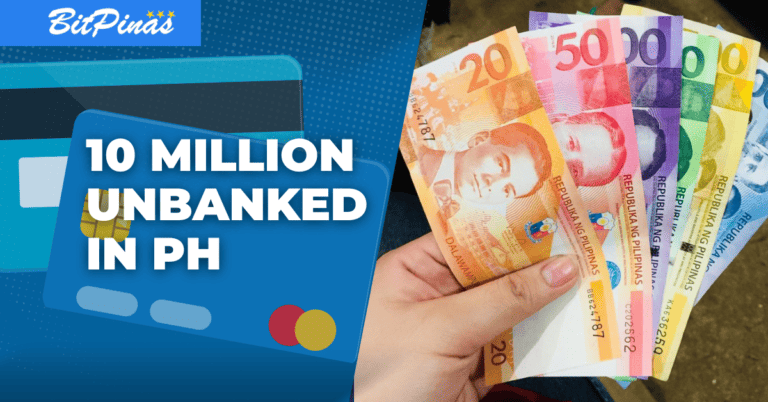Open banking model: RCBC leading the way
With the breakthrough in technology and analytics, API received renewed attention as a way to enhance the delivery of financial services to both consumers and retailers.
Open banking enables the financial services customers such as companies, entrepreneurs and individual depositors and borrowers to have access to various products and services from banks and financial institutions. As defined by [https://www.mckinsey.com]; it is a collaborative model in which data is shared. Through APIs between two or more unaffiliated parties to deliver enhanced capabilities to the marketplace.
What is API?
An application programming interface is a smart tool that allows the flow of the data between systems in a controlled and secured fashion throughout entities.
With the breakthrough in technology and analytics, API received renewed attention as a way to enhance the delivery of financial services to both consumers and retailers. The concept of APIs enable customers or the data subjects to share only data needed to the product or service they are looking to avail and not the account credentials.
How open banking helps our financial services?
1.) Digital financial services: enables financial services such as companies, entrepreneurs and individual depositors and borrowers to have access to different banking products and services;
2.) Open-competition: a customer has an option to compare the product offering and avail the best that suit their needs and fit their financial capabilities; therefore it yields to bigger interest rates, avail loans more easily and ease of payment towards managing and improving their finances;
3.) Speed of process of application: with API enable to access to data enables bank and financial institutions to speed the process of a loan application or give better advice to their clients on their finances needs.
4.) Data secure and protected: Philippines Data privacy law was adopted by the EU’s stringent data protection regulation, including the adoption of the General Data Protection Regulation (GPDR). The European Union (EU) lead the PSDS (Revised Payment Service Directive) is an emerging Open Banking standard.
5.) Game-Changer in bank industry: this required European banks to provide Open APIs which do not need additional customized developments. It reduces the barriers to innovation and limits big banks “walled gardens”. That soon the monopoly of industry bank on their customer account details will be removed.
Rizal Commercial Banking Corporation (RCBC) leads the ways in the banking industry as it recently becomes the first local bank to advocate and implement open banking, affirming its position as a digital trailblazer in the financial industry. The first bank to lead the way to open banking capabilities such as local payments networks PESONet and Instapay; and IBM Blockchain World Wire remittance.
From the statement RCBC Chief Innovation and Inclusion Officer;
“With open banking, we can power the transactions of rural banks, cooperatives, micro-financial institutions, and other small players, giving their customers access to a wide array of financial services using RCBC Open APIs,” said Lito Villanueva, RCBC Chief Innovation and Inclusion Officer.
Finally, through the open banking RCBC aims to serve the global financial service needs of more than 30 million customers of Fintech, rural banks cooperative and micro-financial institution in the Philippines.
This article is first published on BitPinas: Open banking model: RCBC leading the way
Source: Inquirer
Photo by Floriane Vita on Unsplash




